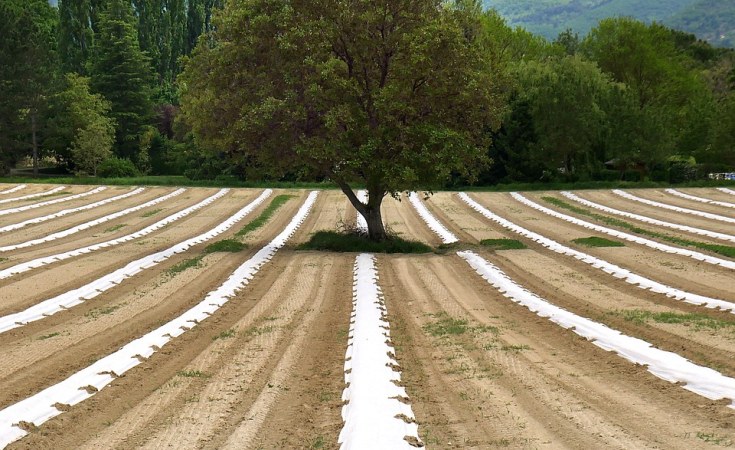The inaugural regional agroecology conference, held in Harare, has brought to the fore the urgent need for a concerted push towards sustainable agriculture practices in Southern Africa.
The event, which served as a vital platform for knowledge exchange and policy advocacy, underscored the importance of embracing agroecology as a means to combat climate change and bolster food security.
"This conference is a vital platform for the region," said Simbarashe Guzha, Global Project Manager at VSO. "As momentum for agroecology grows, we must recognize our diverse ecosystems and share information across countries."
The conference, attended by representatives from governments, research institutions, and farmer organizations, focused on three key areas: crafting supportive policies, scaling up agroecological practices, and forging strong partnerships.
"We need our governments to recognize agroecology and promote it," Guzha emphasized. "With climate change impacts, many farmers are transitioning to traditional grains, mulching, and diverse farming practices."
Vimbayi Chimonyo, a scientist with the International Maize and Wheat Improvement Center (CIMMYT) Zimbabwe, echoed the call for collaboration, highlighting CIMMYT's role in providing scientific support and frameworks for implementing agroecology strategies. "Agroecology is a way of life and a way of thinking. It helps fortify communities against climate extremes by promoting crop diversity and sustainable practices. Farmers practicing agroecology are better prepared for adverse conditions," she said.
Chimonyo pointed out that agroecology is already integrated into many traditional practices. "Almost everyone practices agroecology to some extent," she noted. "For instance, the Pfumvudza farming technique in Zimbabwe is a form of agroecology."
VSO, a key player in the region's agricultural development, is on the ground working with farmers to build resilience against climate shocks. "We are facing the vagaries of climate change which are affecting our communities," said Guzha. "Vulnerable communities are being hit hard, especially by severe droughts, which significantly impact women and young people."
The organization is supporting 3,000 farmers across Zimbabwe in adopting agroecological approaches, focusing on crop diversification and sustainable practices. "Our goal is to advance food and seed sovereignty, enabling farmers to maintain their income despite the recurrent droughts," Guzha said.
The collaborative approach of VSO involves not only immediate relief but also long-term solutions that empower communities. By working closely with local farmers, the organization is fostering a sense of ownership and resilience that is vital for sustainable development.


